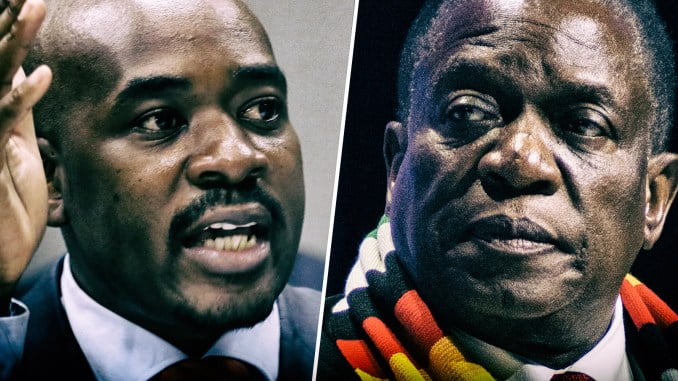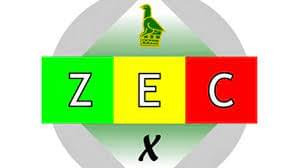Zimbabwe’s elections will be held on 23 August, and there are 11 presidential hopefuls.
Presidential candidates must win more than 50% of the vote. A simple majority is enough for parliamentary and local council candidates.
Unemployment and the cost-of-living crisis are two of the most pressing issues for voters.
Zimbabwe’s presidential and parliamentary elections will be held on 23 August and 11 candidates vying for the presidency.
How the elections will work
Presidential candidates must win more than 50% of the vote to be elected. If no candidates reach this threshold, there will be a run-off between the two leading candidates on 2 October.
According to Reuters, a simple majority of votes is enough for parliamentary and local council candidates to win.
About 6.6 million people are registered to vote. No citizens living outside Zimbabwe are allowed to cast their votes.
When will the results be released?
According to the law, the election results must be released within five days of the last ballots being cast.
Who are the candidates?
The Zimbabwe Election Commission authorised 11 candidates for the 2023 elections – a significant downturn from the 23 who contested in 2018.
The reduction in candidates is most likely due to the twentyfold increase in the fee to run for office.
Presidential candidates forked out $20 000 to appear on the ballot, while parliamentary candidates paid $2 000.
Zanu PF’s Emmerson Mnangagwa, the incumbent, and the Citizen’s Coalition for Change’s (CCC), Nelson Chamisa, are the frontrunners.
They are joined on the ballot by:
Elizabeth Valerio – United Zimbabwe Alliance (UZA)
Douglas Mwonzora – Movement for Democratic Change (MDC)
Joseph Makamba Busha – FreeZim Congress
Trust Tapiwa Chikohora – Zimbabwe Coalition for Peace and Development (ZCPD)
Blessing Kasiyamhuru – Zimbabwe Partnership for Prosperity (ZIPP)
Lovemore Madhuku – National Constitutional Assembly (NCA)
Wilbert Archbald Mubaiwa – National People’s Congress (NPC)
Gwinyai Henry Muzorewa – The United African National Council (UANC)
Harry Peter Wilson – Democratic Opposition Party of Zimbabwe (DOP)
While on the campaign trail, Mnangagwa, who has led the country since Robert Mugabe was ousted in 2017, promised to revive the economy and improve infrastructure development.
Chamisa pledged to tackle corruption and the abuse of the mineral-rich country’s resources by the ruling elite.
In 2018, Mnangagwa narrowly beat Chamisa by winning 50.8% of the vote. According to the BBC, the European Union (EU) said the final results had many errors.
Chamisa’s political party disputed the outcome, claiming that the count was inaccurate by tens of thousands. The legal challenge failed.
What are the most pressing issues?
Unemployment remains high and is an essential issue for young people under the age of 35. These voters make up 70% of the population, according to Reuters.
According to the BBC, the cost-of-living crisis continues to be a concern for voters, with high inflation and interest rates and a Zimbabwe dollar that lost 86% of its value between January and June.
Will the elections be free and fair?
According to a Human Rights Watch (HRW) report, Zimbabwean authorities have not taken steps to ensure the general elections in August will meet international standards for free and fair elections.
In the report, titled Crush Them Like Lice: Repression of Civil and Political Rights Ahead of Zimbabwe’s August 2023 Election, released on 3 August, HRW found that repressive laws, Zanu PF’s abuse of state resources, intimidation and violence against the opposition compromised the electoral process.
Zanu PF has denied using violence, intimidation, and media blackouts against opposition parties despite accusations from the opposition and human rights activists.
Idriss Ali Nassah, the lead author of the HRW report, said: “Zimbabwe’s authorities have yet again demonstrated a lack of respect for the basic freedoms necessary for a credible, free, and fair election.
“The inability of many candidates to campaign freely and openly throughout Zimbabwe raises serious concerns about whether the election results will reflect the political will of Zimbabwe’s people.”
Source NewZimbabwe










